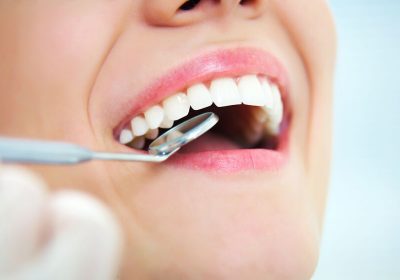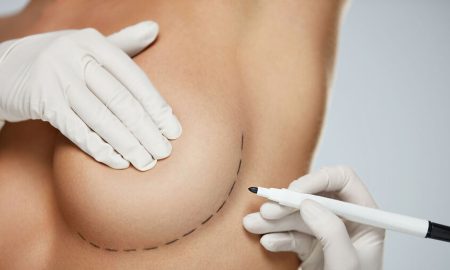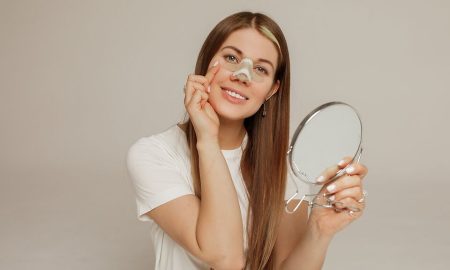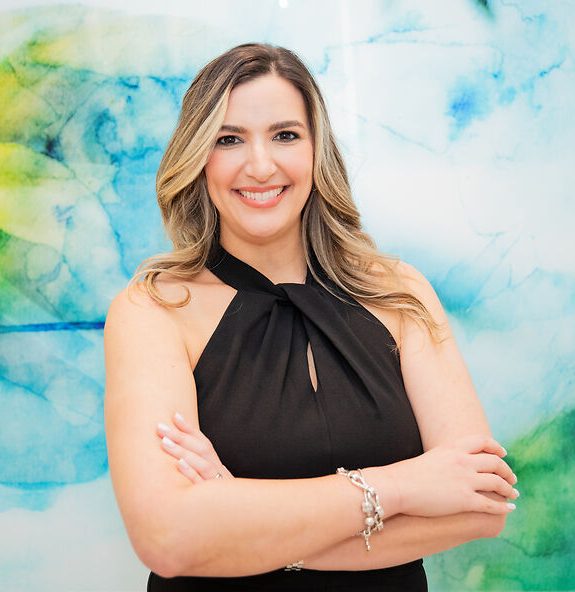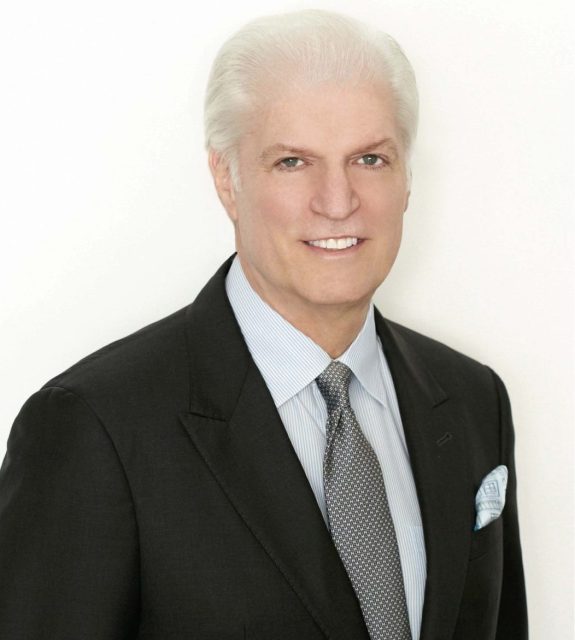Dr. Husam Almunajed attended Villanova University for undergrad, and then attended Georgetown University for his Masters, Dr. Husam continued the tradition to attend the Big East Schools and graduated from the University of Connecticut School of Dental Medicine. In his pursuit of mastering his craft, he completed a 2-year residency at the University of Connecticut School of Dental Medicine where he focused on comprehensive dental care. With a strong belief in continuing education and mentorship, Dr. Almunajed completed many continuing education programs from distinguished clinicians in the profession. In addition to maintaining his private practice, Dr. Husam holds a Clinical Instructor position at New York University School of Dental Medicine’s premier Aesthetic Advantage Program. A former student of Aesthetic Advantage, Dr. Husam progressed through all levels and achieved the Master's level multiple times before being asked to be part of the faculty. Haute Beauty chats with Dr. Almunajed about restorative dentistry and how restoring your teeth can maximize the function of your mouth and help achieve a beautiful smile.

HB: What is restorative dentistry?
Restorative dentistry is simply using dental materials to restore your teeth to an ideal shape, contour, and position for a healthy, maintainable, and beautiful smile. More importantly, you want to be able to use your teeth comfortably every day: to eat, chew, and be able to smile and fully express yourself. As we age, and the stress of everyday life, the teeth themselves age, and they can shift, wear down—and sometimes even need to be removed. What most don’t think about is that the teeth support the lower third of the face, and over time, this support begins to collapse.
HB: What kind of services does this include?
This can involve many treatments and is geared toward restoring function to your mouth. We rebuild your teeth to restore chewing ability, jaw functionality, and movement. Replace missing teeth, fix cracked teeth, and more. After analyzing your teeth, and how they work with your overall oral health, many treatment options can be presented including orthodontic movements to move teeth to the correct place, to rebuilding the teeth to the ideal position. That can include many material choices, many restorative procedures, and many design processes. More importantly, you want to always have the end result in mind, to make sure the teeth look and feel like they belong to the patient.
But then there comes a real design aspect when creating a look for someone by understanding facial aesthetic of what is present and how you can change it with new teeth. Teeth, and how they support the lower third of the face are a critical component to overall facial beauty and harmony. One doesn’t exist without the other.
 Photo Credit: Dr. Husam AlmunajedHB: What kind of dental issues do they treat?
Photo Credit: Dr. Husam AlmunajedHB: What kind of dental issues do they treat?
Your mouth is a window into the health of the body. Many dental problems are hidden and when left untreated can contribute to serious health problems. Good oral hygiene, combined with routine professional care is the best way to healthy gums and mouth. Dentists take a holistic approach to the evaluation and treatment of your oral health, keeping in mind the relationship to your overall physical health and well-being. The condition of your oral health plays a role in your risk for and ability to manage other diseases and medical conditions. From systemic to cardiovascular disease, a healthy and stable smile is important and should be maintained for a lifetime. We look for the early signs of oral disease as well as oral symptoms of other concerns such as oral cancers, diabetes, and sleep disorders. If you have a medical condition or take prescribed medication it is important that you discuss them with your dentist so that your dental care can be tailored to your unique needs and risk factors.
HB: Who are the best candidates?
If you have teeth that are missing, worn, broken, or deteriorated by trauma or decay, you may be an excellent candidate for restorative dentistry. With routine dental care, this should be examined at every visit to help maintain and many times prevent future dental work. It’s all about being proactive and preventing dental treatments.
HB: What is recovery like?
Depending on the procedures, recovery is usually only a few hours, for the local anesthesia to wear off. We always strive to give our patients an amazing experience, so we are always here for them and provide all the support in having them have the smile they are proud of and can take care of for the rest of their lives.
For more information, visit Dr. Husam Almunajed's social media:





